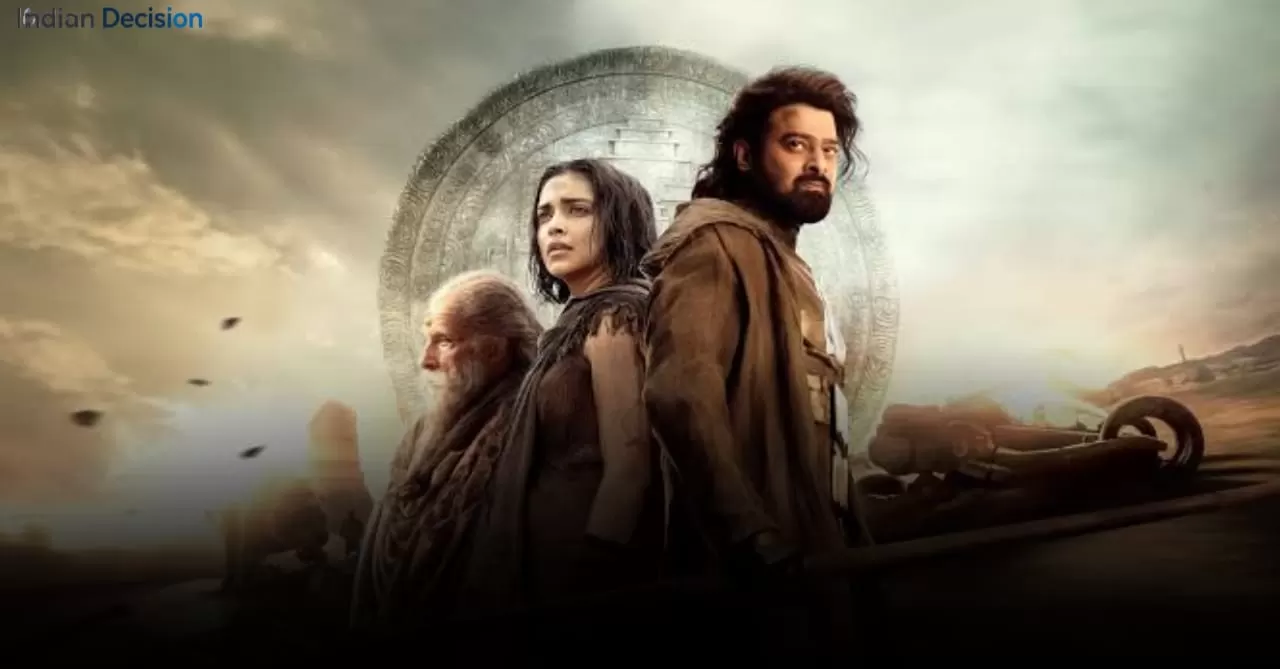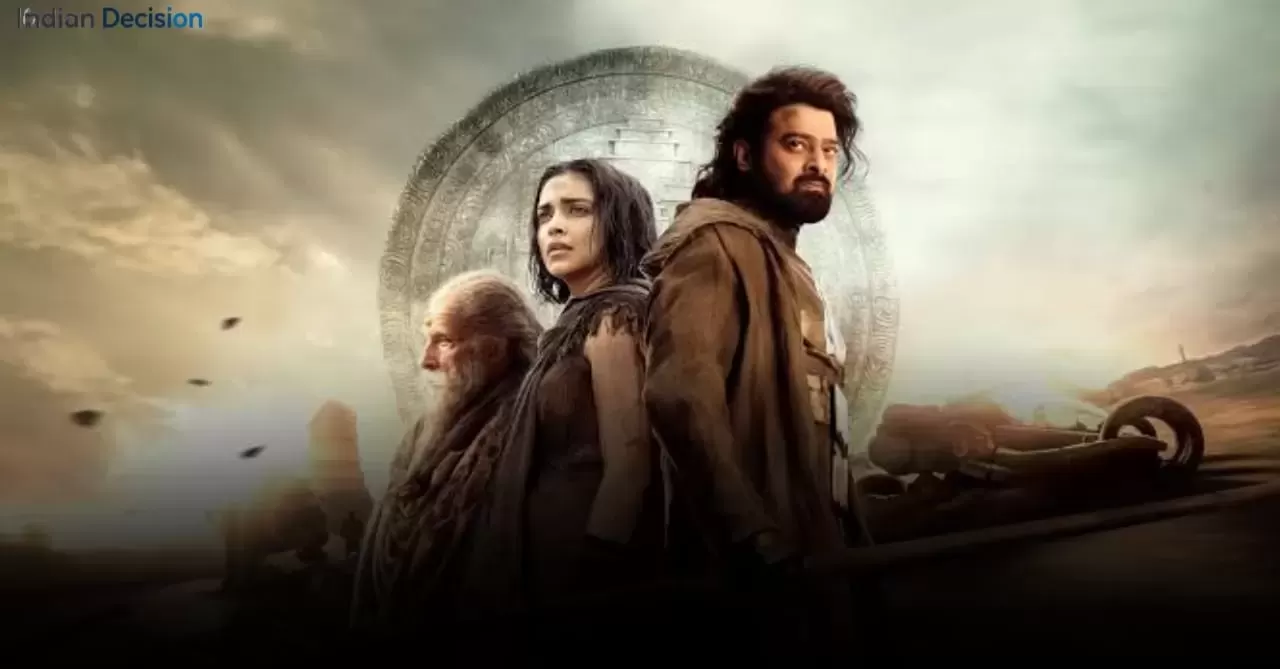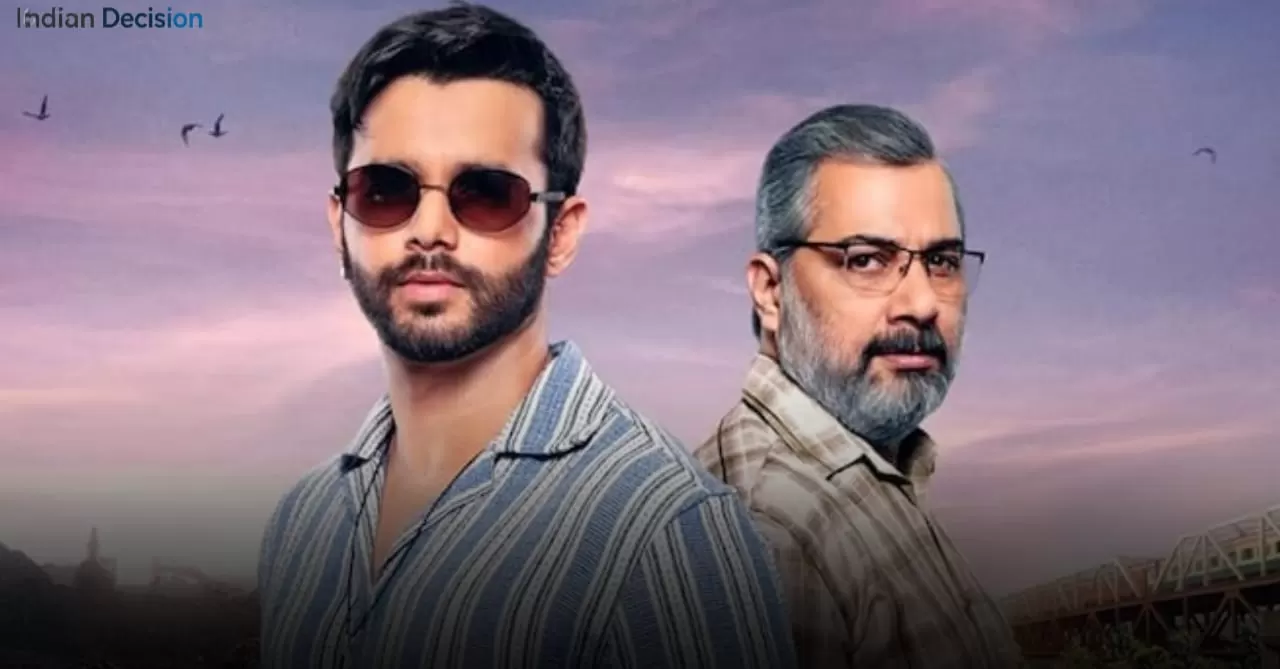Kalki 2898 AD: India's Most Ambitious Sci-Fi Epic Unveiled
Indian cinema is poised for a revolutionary moment with Kalki 2898 AD, Nag Ashwin's visionary fusion of ancient mythology and futuristic storytelling. This ₹600 crore spectacle represents unprecedented ambition in Indian filmmaking, bringing together an iconic cast for what promises to be a cultural milestone.
The Epic Narrative: Mythology Meets Dystopian Future
Set in the year 2898 AD in the last surviving city of Kashi, the film follows SUM-80 (Deepika Padukone), a laboratory subject whose unborn child is believed to be the vessel for Kalki, the tenth avatar of Lord Vishnu. As Supreme Yaskin (Kamal Haasan) seeks to maintain his tyrannical rule, protectors emerge to safeguard the prophecy that could end the age of darkness.
Historic Cast Ensemble: A Gathering of Legends
Deepika Padukone as SUM-80: The Prophecy's Catalyst
Contrary to online rumors, Deepika Padukone was never removed from the project. She plays the central role of SUM-80, whose pregnancy triggers the film's core conflict. Her character serves as the emotional anchor in this high-concept narrative.
Kamal Haasan as Supreme Yaskin: Ultimate Antagonism
The legendary actor brings depth to the primary villain, a god-like ruler determined to prevent the prophecy's fulfillment. His casting ensures a nuanced portrayal that elevates the entire project.
Prabhas as Bhairava: The Transformative Hero
Following his Baahubali success, Prabhas plays a bounty hunter whose journey from self-interest to protector forms a key character arc. His involvement guarantees massive box office appeal across India.
Amitabh Bachchan as Immortal Guardian
Bachchan reportedly portrays a warrior from ancient times, serving as protector to SUM-80 and her child. His presence adds gravitas to the mythological elements.
Unprecedented Production Scale
With a budget of ₹600 crores (approximately $72 million), Kalki 2898 AD sets new benchmarks for Indian cinema. The production features cutting-edge VFX, elaborate futuristic designs, and massive sets constructed at Ramoji Film City in Hyderabad. The technical quality aims to compete with international sci-fi standards while maintaining distinct Indian cultural roots.
Comprehensive Q&A: Addressing Fan Curiosities
What is Deepika Padukone's significance to the plot?
As SUM-80, she's not just a lead character but the narrative's driving force. Her character's pregnancy carries the potential Kalki avatar, making her the target of both protective and destructive forces.
How does the budget compare to other Indian films?
At ₹600 crores, it surpasses previous records, with resources allocated to world-building elements rarely attempted in Indian cinema, including complex VFX sequences and detailed futuristic production design.
What makes this film culturally significant?
By blending Hindu eschatology with science fiction, the film attempts something unique: grounding a futuristic narrative in authentic Indian philosophical traditions rather than Western sci-fi tropes.
When can audiences expect the sequel?
Kalki 2898 AD Part 2 is already in development, with filming expected to commence after the first film's release. The entire principal cast is contracted to return, ensuring continuity.
Production Timeline and Current Status
Principal photography concluded after extensive shoots in Hyderabad. The project is currently in final post-production, with VFX and sound design being polished for the June 27, 2024 release. The production team has emphasized creating a cohesive universe that can expand across multiple films.
Industry Impact and Expectations
Kalki 2898 AD represents a risk-taking approach that could redefine market expectations for Indian cinema. Its success or failure will likely influence future investments in high-concept, visually ambitious projects within the industry.
Frequently Asked Questions
Is this Prabhas and Deepika's first collaboration?
Yes, this marks their first on-screen partnership, combining two of India's biggest pan-Indian stars.
What is Nag Ashwin's vision for the franchise?
The director has described it as an attempt to create an original Indian mythology-based universe that can compete globally while staying true to its cultural roots.
How extensive are the mythological references?
While not a direct adaptation, the film draws heavily from Hindu scriptures, particularly concepts of cosmic cycles and avatar manifestations.
What distinguishes this from other sci-fi films?
The integration of authentic Indian philosophical concepts within a sci-fi framework sets it apart from both Western productions and previous Indian attempts at the genre.
Want to understand the viral "They call him OG" phenomenon from the trailer? Explore our deep dive into the meme that captured the internet.








